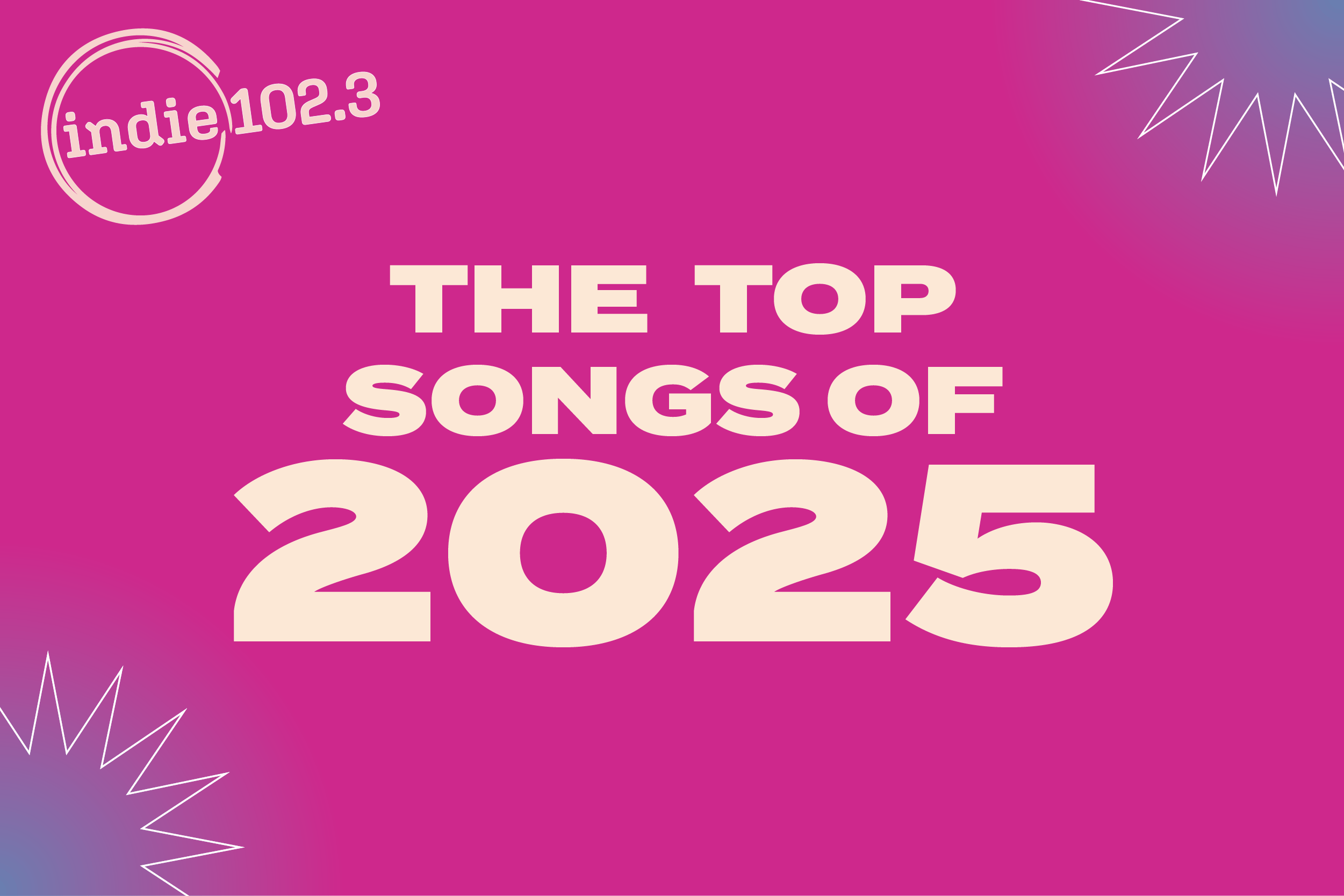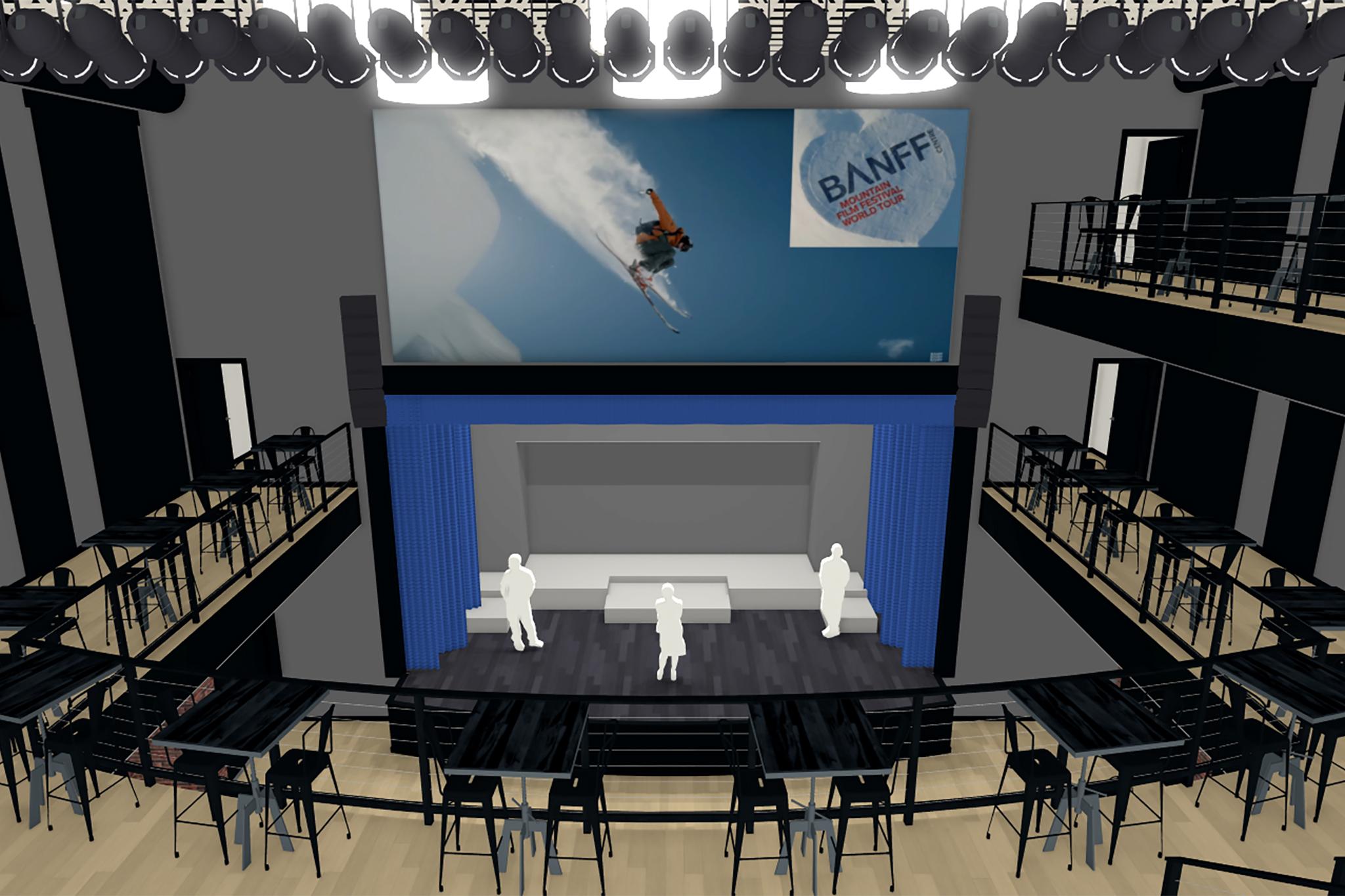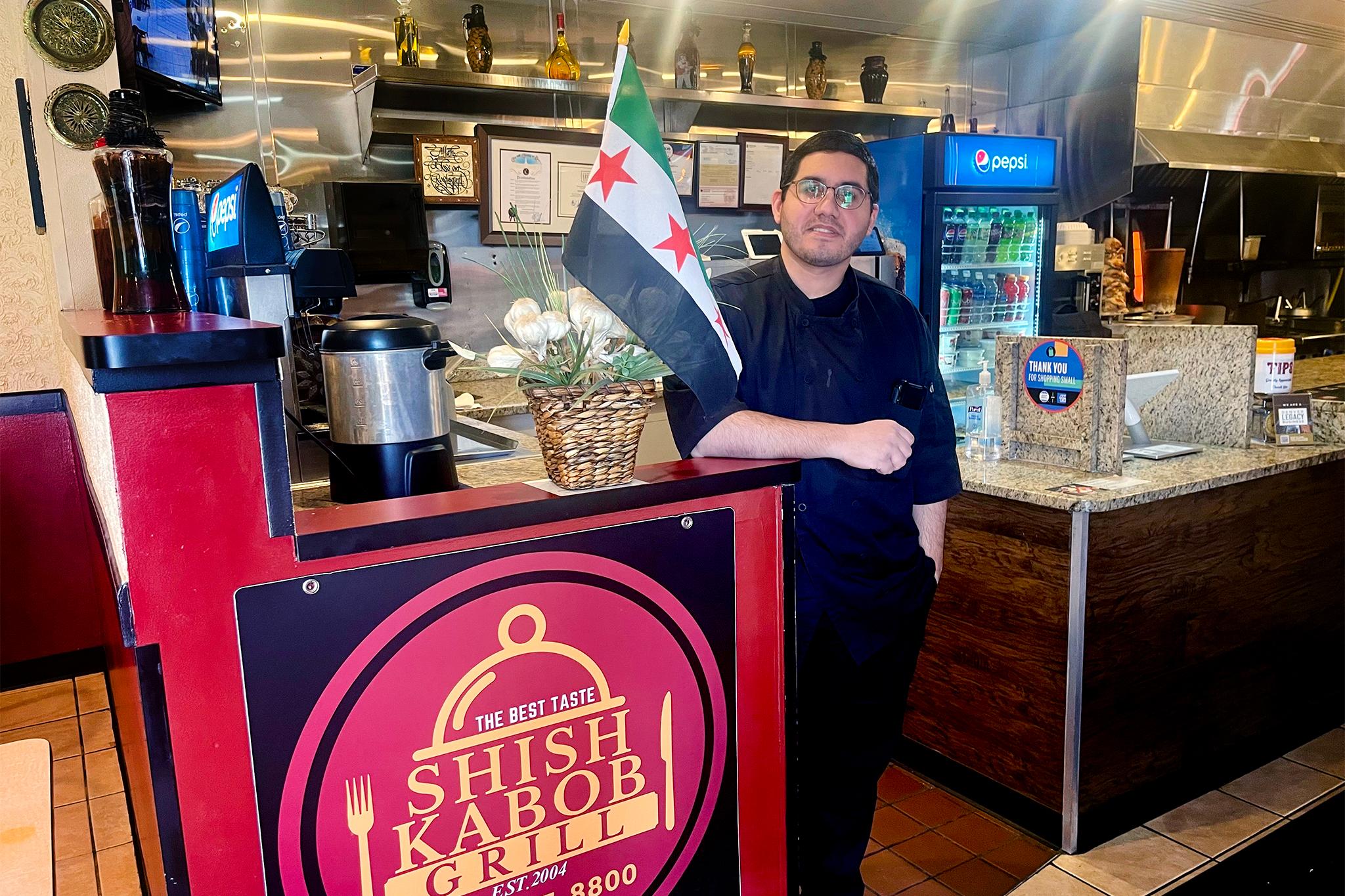
A small Syrian flag sits by the cash register at Shish Kabob Grill in Denver. It is the sort of flag you might wave at a parade. Chicken browns on a nearby stove. While a long day of serving up shawarma awaits, there’s a lightness to restaurateur Obeid Kaifo.
Rebel forces have deposed Bashar al-Assad and after half a century of brutality, Kaifo dares to feel hope.
“I'm elated. I'm happy. I'm excited. There's an amazing future for Syria, for Syrians,” Kaifo said– taking a break from prep work to speak with Colorado Matters.
“Satan could have come out of the ground and freed us from Assad and we all would’ve been happy with it,” he added.
Kaifo, who’s Syrian-American, has tried to move through the molasses of the regime’s corruption.
His conversation with Sr. Host Ryan Warner follows. It has been edited for length and clarity.
Ryan Warner: A tyrannical regime has fallen– one that used chemical weapons against its own people. In its place: a rebel leader whom the U.S. considers a terrorist. There's a lot to untangle here. Where is your head right now?
Obeid Kaifo: My head is with the Syrian people. I'm elated, I'm happy, I'm excited. There's an amazing future for Syria, for Syrians. There are little bumps in the road [ahead]. I get that. But I'm really happy to see Syrians finally be free from this regime of 54 years.
Warner: There's a bit of a power vacuum now. Do you have specific hopes about who takes power? Do you have concerns about Abu Mohammed al-Golani, this rebel leader?
Kaifo: I'm not actually too worried because they're all Syrians. Syria is a very diverse group of people and they come from all walks of life, believe it or not. They are very ethnically different. They're not all Arab. They're not all Sunni. And the one thing that's always kept Syrians together as a society, regardless of the government, has been their diversity. Obviously with Golani, the fear is that somehow he's going to be this extremist of some sort. But the reality is: what got people to Damascus wasn't his extremism. It was his love for his country.
Everyone around him, the rebels, all the people fighting on the front lines, those are all Syrians. Yes, in the past there's been different opinions and different factions. But in reality, this is a populist movement. It is of the people of different backgrounds, and yes, maybe the leader happens to be a former affiliate of al-Qaeda, but that doesn't take away from what the Syrians have been wanting for 54 years.
I'm telling you, Satan could have come out of the ground and freed us from Assad and we all would've been happy with it. If their concern is with al-Golani, who's actually gone out of his way to be like, "Hey, women can dress freely. Hey Jordan, don't worry, we're going to make good relations with you. Hey Iraq, we're going to have good relations with you. Hey, people, stop shooting in the air because you're freaking people out." That doesn't sound like an extremist. That sounds like somebody who's trying to go out of his way to say we are actually moderate.
Yes, in his past he was affiliated, but that was because of necessity. At the time, people had to fight the Assad regime, the Russians, Hezbollah, Iranians, and then you had ISIS come in and then you had al-Qaeda come in. Everyone was fighting for their freedom and every other group wanted to use it to their own advantage, which is why you have that vacuum.
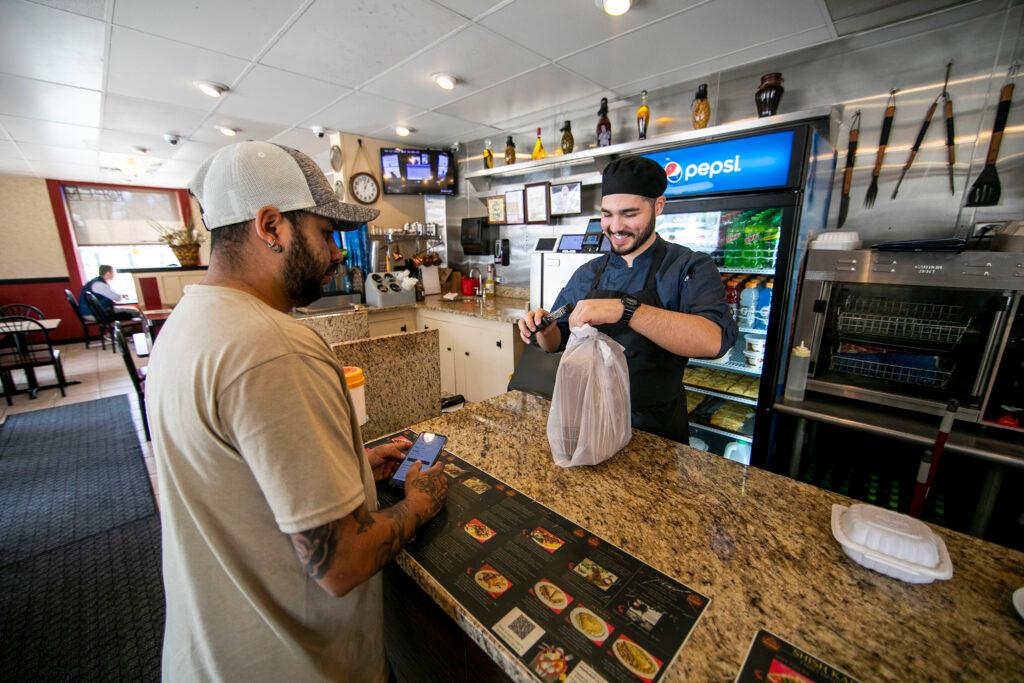
Warner: You were born in the United States – in California– but you've spent time in Syria. You're certainly in close contact with family both in Damascus and Aleppo. Talk to me about your own experience with Assad.
Kaifo: I had a chance to go to Syria in December of 2008. It was my first semester in college. We have a holiday called Eid and, at that time, it was right before Christmas. My parents were like, "This is a great opportunity for you guys to go," because we had rekindled relations with our families.
I had my own experience, and that experience was not with the people, but with the government. When I was at the Aleppo Airport, they were literally telling me, because my flight had arrived right before my birthday and I was leaving right after my birthday, that somehow I was trying to get out of obligatory military service. And so they told me literally at the airport, "There's a jail for people like you here." And I was like, "What are you talking about? I'm a U.S. citizen. I'm coming here to visit my family. I want to get to know my uncle, my aunts, and my grandparents."
It's hard to describe. Going in, my parents had told me, everyone had told me, “pace yourself there, because bribery is a big thing.” So I mean, that's a part of the corruption and that's just the tip of the iceberg.
Warner: Meanwhile, Israel sees this as an opportunity to strengthen its position and, according to Israeli officials, ensure that Syria's weapons don't fall into the wrong hands. Israel is bombing and advancing. Is your family safe?
Kaifo: They're great now. They're doing fine. It's very telling that Israel decides to start going after Syria now as the people are trying to free themselves. It wasn't bad enough that we finally got rid of the Russians and the Iranians and Hezbollah and Assad from shooting at them, barrel bombing them, all these warplanes, and then Israel comes up right after we get into Damascus and now they're trying to shoot up the coast [the port city of Latakia]. I mean, I'm glad the Syrians aren't taking the bait to be honest with you, because it doesn't make any sense right now. It's like kicking somebody while they're down.
We have a whole entire country, a whole entire government we need to worry about. I literally told you, “Satan could have come out of the ground and gotten rid of Assad, and we would've been happy with that.” So you're worried about Israel creating a buffer zone? Fine, create a demilitarized zone, big whoop. North Korea and South Korea have had it for decades. Why would we have a problem with that?
Warner: You have bigger fish to fry is what I hear you say.
Kaifo: I literally said that yesterday. I was telling people that “right now we don't need to worry about other regional powers and politicking this and politicking that and figuring out this and figuring out that.” Maybe the Israelis are trying to figure out who we actually are. They need to make a political stance for their own domestic policies. That's fine. Do what you need to do. The Syrians have so much bigger fish to fry. We have more problems to deal with, and our issues are much more manageable now. Assad is gone, the deaths are done. The dungeons of this horrible regime are over. Justice should prevail now.
There should be due process now for citizens, no more picking somebody off the street, taking them into jail and never seeing them for 40 years. That's a lot worse than Israel bombing the coast. For God's sake, we've been bombed out for 14 years by Russia, Iran, Assad, and you're worried about Israel bombing the coast a little bit because they're worried about creating a buffer. Big whoop. We'll deal with that later. Right now, our function is to focus on creating a pluralistic democratic society where justice prevails, where there's due process for Syrians and Syrians can feel free to roam in their own country.
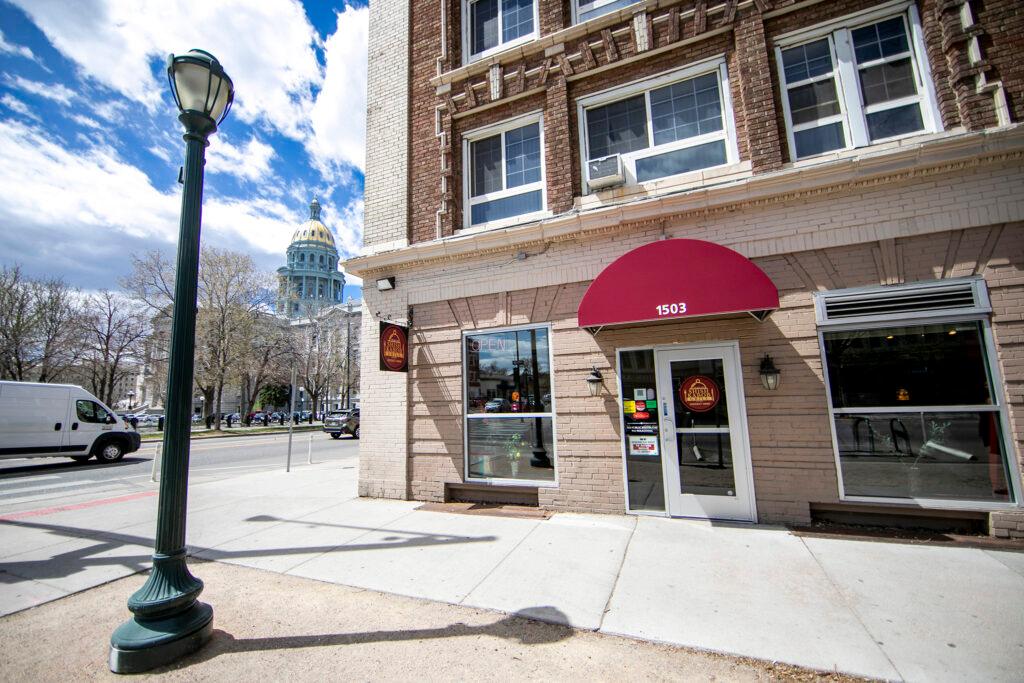
Warner: Does this make it any more likely that you'd return on a temporary or even a long-term basis? Does Syria feel more like home today than it did a couple of weeks ago?
Kaifo: It's really interesting. People like my parents, for example, when they leave a country because of oppression or economic downfalls, they come to the West and build a life for themselves. But when they retire, they usually want to go back home because it reminds them of yesteryear, of how they used to live when they were children. Now they have a bit of money, they're a bit older, so now they'd be able to live a better life in their home country.
Syrians didn't really have that to go back to because they're always worried – going back – you could be picked up for any reason. “Oh, why are you overseas for 20 years or whatever?” God forbid. But in reality, Syrians can now go back home and then other people can come and enjoy Syria. Syria is an immensely beautiful country, deep in history, deep in culture. It's so enriching. I mean, you think Turkey is beautiful. You have no idea how beautiful Syria is and its people and its culture and its religions.
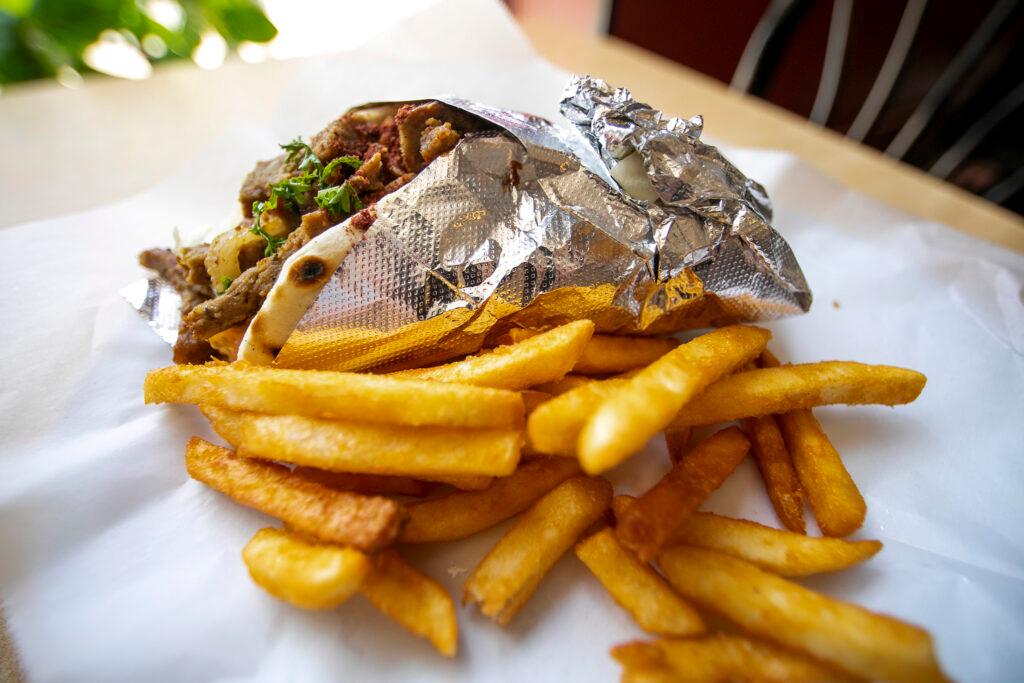
You can cross the street and meet a Catholic and then suddenly run into a Druze and then an Armenian and then run into an Arab Sunni, and then suddenly you're four blocks in, and then you're seeing a falafel sandwich, and then you're seeing hummus, and then suddenly some grandma from Italy is making something. Then you can go to the ocean within two hours. I mean, we're talking immense beauty. And I want the world to experience Syria, and I think there's that chance to.
Warner: I just want to check in on things here at Shish Kebab Grill. You managed to survive the pandemic. Now there's all of the construction on Colfax. How are you doing?
Kaifo: Well (long pause) I mean, it's difficult, okay? That's the best way I can put it. We're optimistic people. We've been here for 20 years now, and we've seen everything from the 2008 recession to all the pandemic stuff and then all the protests, our restaurant windows getting tagged and then getting broken multiple times over and boarded up. Now we have construction. I'm just hoping the city and the state really look out for small businesses because it's like we're being weeded out slowly and it really hurts.
We're on Colfax and Grant. I mean, you go up the street a block, there's only one other restaurant and then a McDonald's, and then you go up the street and there's a Dominos, and then that's it. What happened to all the other businesses, the Japanese place and the burrito place? They're all gone because they couldn't survive. It's scary. It's terrifying. I'm not going to lie to you, but we're optimistic. We're hopeful.
I know we're in the business of making money and serving food, but we've become a third place. People come here to eat and enjoy their time with friends and family for decades now, almost. People who used to go to college are now coming here, married with three kids and visiting their grandparents, and now they're here for Thanksgiving or for Christmas Eve. So it's become a part of the culture. And I just wish the city and the state really took extra care of small businesses that are going through really difficult times, really difficult, especially in Denver.





